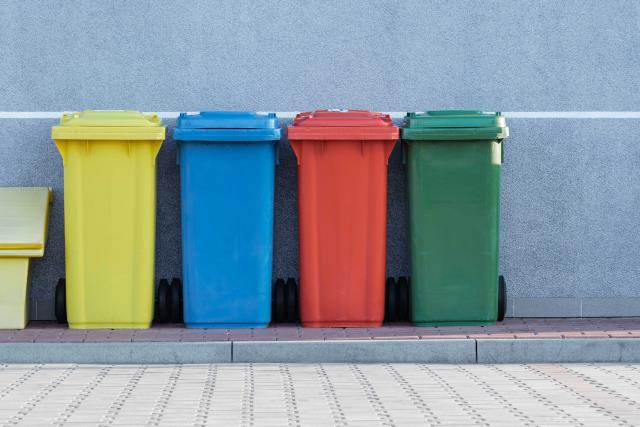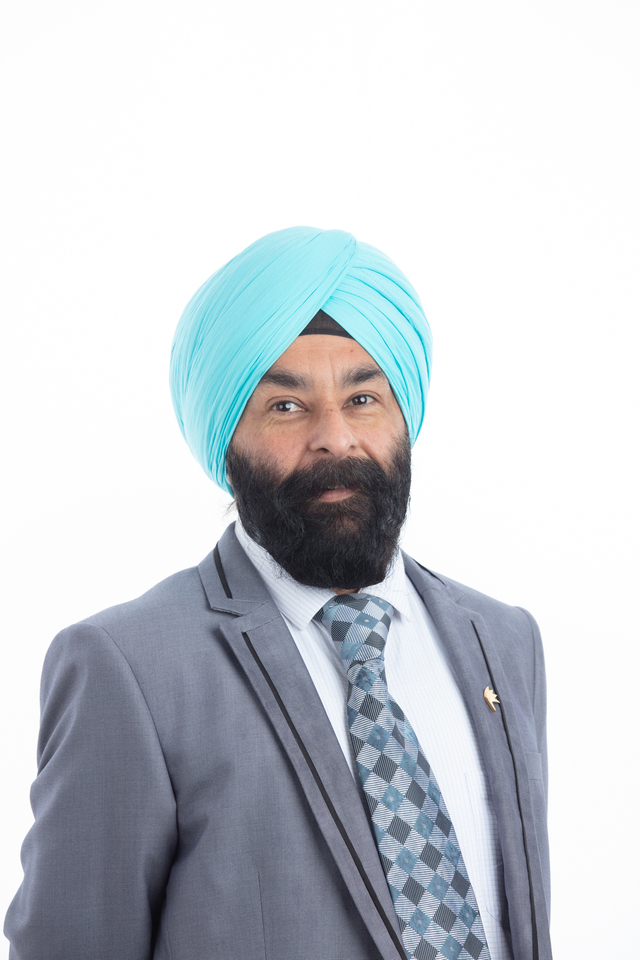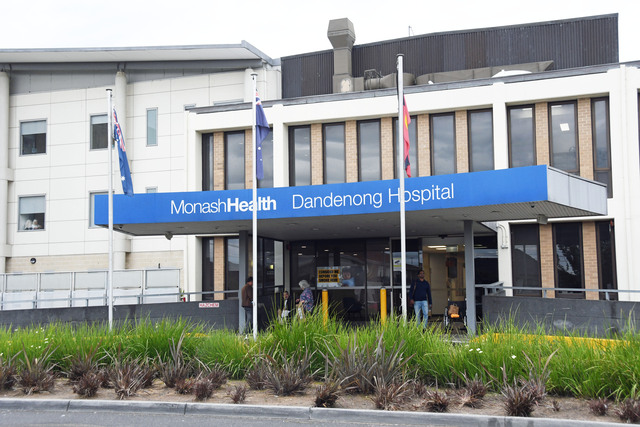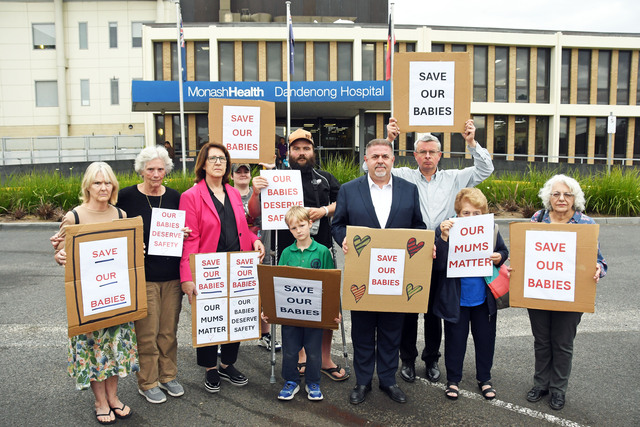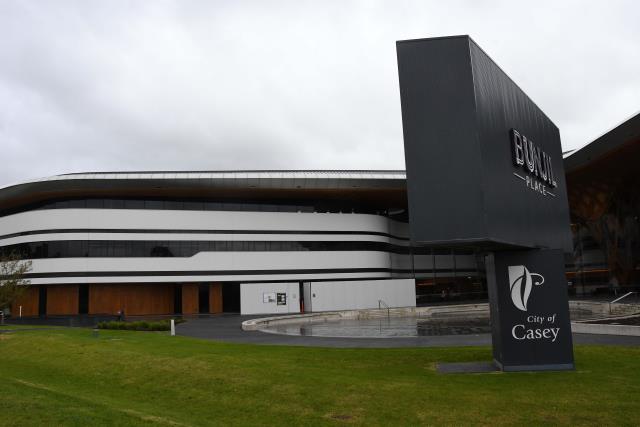Following the State Government’s kerbside reforms, Casey Council has ceased the provision of free extra rubbish bins for households of six or more.
The change means that no new “exemptions” would be provided for large households from 22 April, and the existing 10,000-plus free extra bins will be removed by July 2025.
With 14 months until it comes into force, resident Maral Nikola, the eldest in a family of six, is concerned about not just hers, but other large families’ waste accumulation.
“Where is the garbage supposed to go? It depends on what everyone’s using and how often they’re using it and whatnot, but you know, garbage does accumulate really, really fast,” she said.
Addressed in Casey’s most recent agenda on 16 April, the extra bins policy was found to be financially unsustainable, open to misuse and countered waste minimisation principles.
The report further details that the free bins cost $1.2 million per annum, which adds $10 to $12 to the residential Waste Service Charge for each household Casey-wide. That cost was expected to grow by $115,000 each year.
The exemptions have been in place for more than 20 years, with Casey currently providing 6796 garbage bins and 3131 recycling bins that do not attract a charge.
The other exemption for residents with medical conditions will however continue.
Dr Harpreet Singh Kandra, senior lecturer at Federation University’s Institute of Innovation, Science and Sustainability, supports the council’s initiative towards better waste management.
“The root of the problem is waste, and it’s responsible for three per cent of the carbon emissions in Australia,” he said.
“Particularly Casey Council, it’s growing massively and they’re [council] projecting a growth of 40 per cent by 2046.
“And when you talk about a smart city, you have to think about sustainability, and they’re recognising that. If we look at the volume of waste, it will obviously increase as more people come and make Casey their place of residence.”
Dr Kandra said the current go-to strategy of adding more landfill will only create more greenhouse gas emissions, which is “against the [council’s] objective of becoming net zero in the next few years”.
“The other option for them is to start convincing the community to reduce their waste generation, and again if you provide more bins, you’re actually giving [people] an opportunity to produce more waste.”
Casey’s acting manager for sustainability and waste Thomas Johannsen said that the exemption for households of six or more “does not align with the State Government Kerbside Reforms”.
“[It] is also open to misuse as there is no efficient way of confirming eligibility without breaching privacy of residents in the households.
“Residents who are wanting to reduce their waste are encouraged to place food waste loose in the food and garden waste bin – this action will send less waste to landfill and help create nutrient-rich compost which is sent to farms all around Victoria,” he said.
According to a State Government website, a new four-stream waste and recycling system is coming, with separate bins for glass, food organics and garden organics, mixed recyclables and household rubbish.
Mr Johannsen added that “discontinuing the new exemptions immediately will prevent the number of services to be cancelled and bins retrieved from increasing by approximately 1200 services”.
“Fewer waste services will also reduce the amount of waste to landfill per property and therefore generation of greenhouse gases,” he said.
Beginning 1 July 2025, any additional garbage or recycling bins that have been provided free of charge to households with six or more people in one property will be removed.
“Delaying the cancellation of existing services to July 2025 will allow for project planning and communication with affected residents,” Mr Johannsen said.
“The delayed removal of services will also provide ample time for affected residents to transition to alternate arrangements.
“Council will communicate with all impacted households regarding the policy change and also prior to retrieval of the bins, which will be recycled in the manufacture of new bins,” he said.
However, according to Ms Nikola, this “will not be enough time”.
“I think we’re all just really bust people and it’s really hard to keep up with a schedule or a maintenance schedule, if you will.
“Are people supposed to hold rubbish in their houses for over a week? Especially with the bigger households, you know.”
Ms Nikola also lamented the trial and error phase that all new processes undergo, emphasising the difficulties families like hers, and larger ones, would then have.
“We have two green bins and one blue bin and at times it’s fine, but for whatever reason we have an event, or just simply that everyone has a few extra things this time around – for the green bins unless they plan on taking them every second or third day we would not be able to handle it.”
Dr Kandra, while understanding the struggles that larger families would go through, sees this as an opportunity for the entire municipality to reduce its waste.
“There is a lot of opportunity for people to share the waste, learn better practices of waste management from each other,” he said.
“Where the council is saying that we won’t give you an extra bin, [they’re] giving those families an opportunity to re-look at their waste management reduce the waste, recycle and reuse as much as possible – and I think that’s the right step in the right direction.”
Possible positive impacts of this proposed change also move further towards improvement to waste management, with Dr Kandra saying that “if the council has to spend more money on waste management, then obviously ratepayers will also have to pay more rates towards the waste right?”
“When you reduce your waste, you are actually reusing your resources in a better way, which means that you are actually trying to reduce your cost of living – if you are producing more waste then that means you’re not using your resources properly,” he said.
Further compacting loose bags in garbage bins is one practice he suggested that families take more heed of, as well as ensuring that the right waste goes in the right bin.
“If everyone thinks [of] this as a blessing in disguise, then I think it’s an opportunity to contribute towards Australia becoming net zero,” Dr Kandra said.

